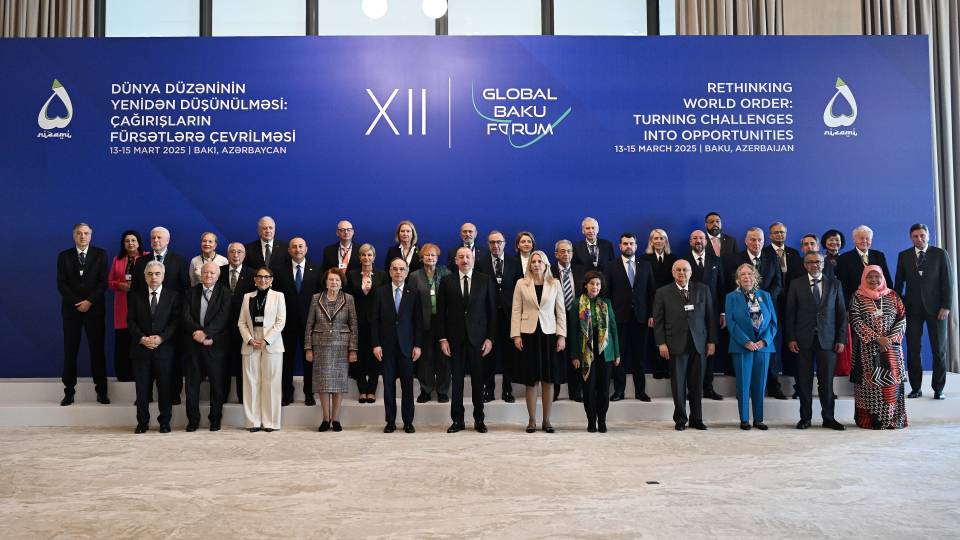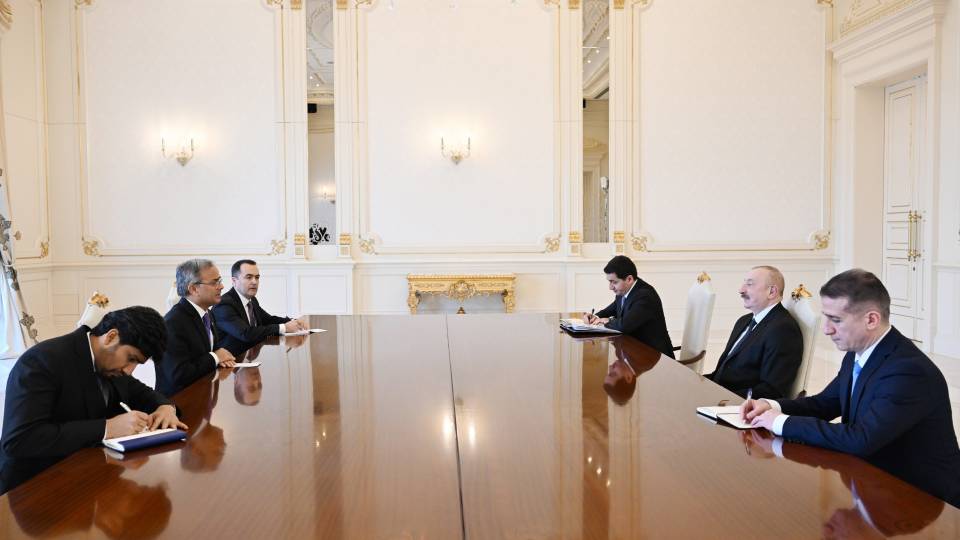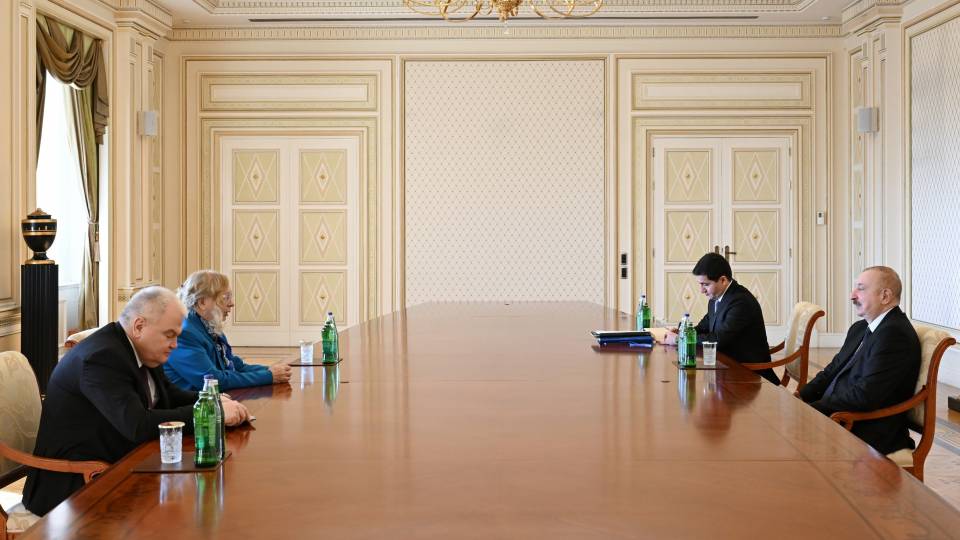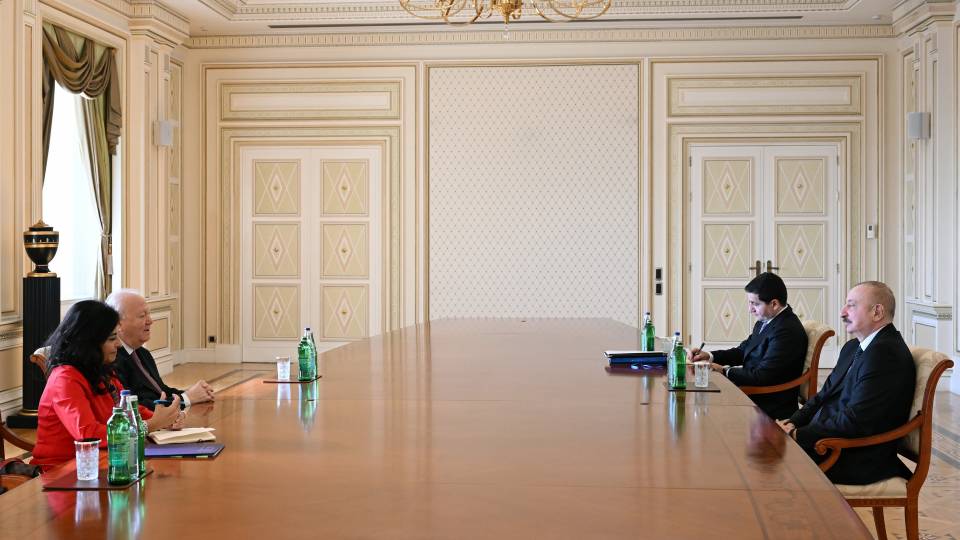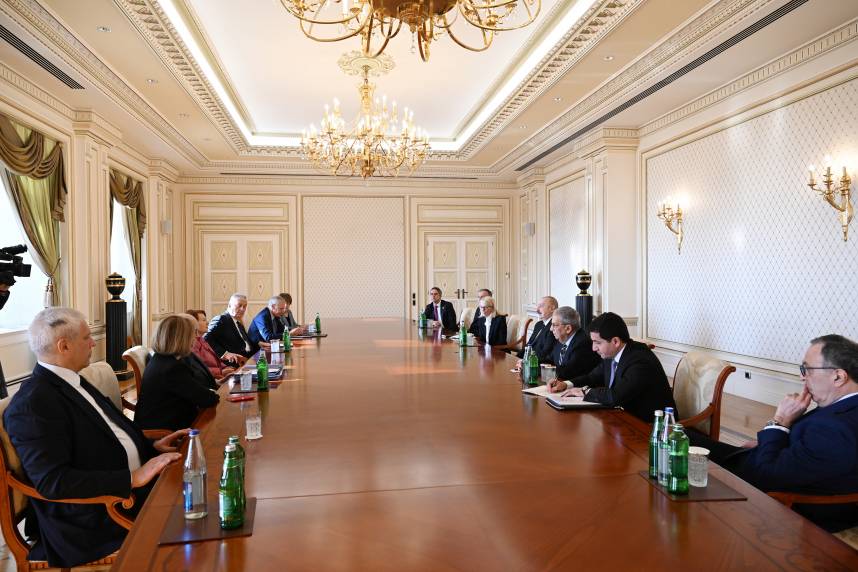16:52
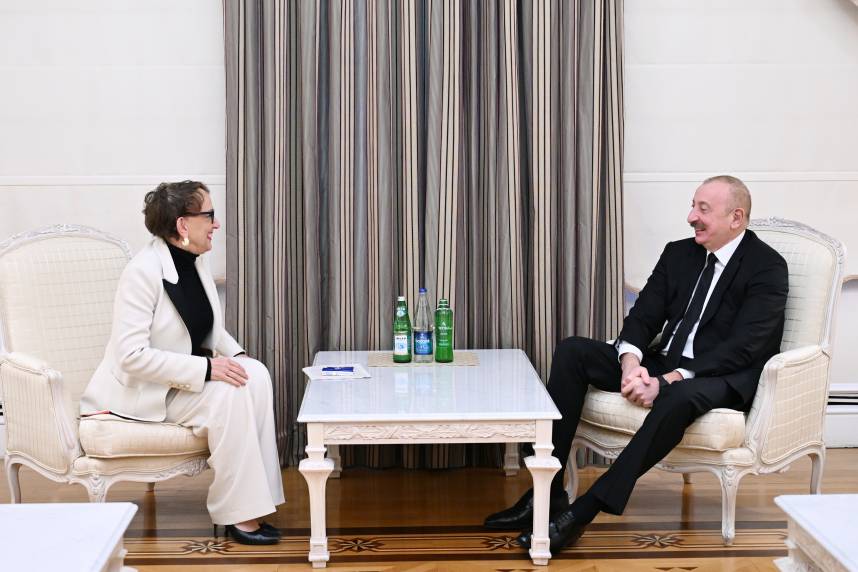
Today's Zaman
Sunday, September 11, 2011
AMANDA PAUL
Today marks the 10th anniversary of the terrorist attacks that shook the world. The fight against terrorism entered a new phase after the tragic events of Sept. 11, which dramatically changed the world forever. The threats and challenges of international terrorism have taken on a more sinister shape since and the rapid rate at which they are increasing continues to demand a collective response.
Terrorism is a threat to all states and to all peoples and can strike anytime, anywhere. Therefore, many countries have, and continue, to sacrifice a lot in the fight against global terrorism. This includes, of course, the fight against the Taliban insurgency in Afghanistan and beyond. While some nations have felt the need to withdraw or reduce their forces in Afghanistan and elsewhere, many others remain heavily engaged, even though their countries’ peoples frequently resent the loss of life as a consequence of fighting a war in a country so far away, which many people believe cannot be won. While we often hear about the contribution of larger states, the efforts of smaller countries are often not so well known or recognized. Azerbaijan is one such example.
Azerbaijan is a unique example of a country exposed to threats emanating simultaneously from separatism, religious extremism and international terrorism. The country has fully supported international efforts in combating terrorism in all its forms and manifestations irrespective of political, economic, religious and other motives. Celebrating its 20th year of independence following the collapse of the Soviet Union in 1991, Azerbaijan is a country of increasing geostrategic importance, being situated at the crossroads between Europe and Asia, Russia and the Middle East. On the shore of the energy-rich Caspian Sea, Azerbaijan is a secular state with a majority Muslim population and a reputation for religious tolerance. It is also rather unique, being the only country that shares three identities: being a Muslim, European and former Soviet state.
Immediately after the 9/11 tragedy Azerbaijan joined, and fully and unconditionally supported, the international anti-terrorist coalition and continues to play a key role.
Swiftly responding to calls of the international community, Azerbaijan opened its airspace and airports to be used by the anti-terrorist coalition in the fight against the Taliban and al-Qaeda in Afghanistan. It is no exaggeration to say that Azerbaijan -- together with Georgia -- has been a vital transport route for transporting US and NATO troops as well as supplies to Afghanistan. The country has also played an important role on the ground. It has sent some 94 soldiers to Afghanistan -- many more than some much larger NATO member states -- and has offered humanitarian assistance, including engineers and doctors. Since then, Baku has also offered to double its troops. Given that Azerbaijan remains in conflict with its neighbor, Armenia, over the Azerbaijani province of Nagorno-Karabakh, which involves a considerable proportion of its 63,000-strong military (53,000 of which are conscripts), this is a generous effort. The going has also not always been easy: For example, earlier this year, on July 5, nine Azerbaijanis lost their lives when a tanker plane crashed in Afghanistan on its ways to the US-NATO airbase at Bagram.
Beyond Afghanistan, Azerbaijan has also acted within the NATO/US-led coalition intervention forces in Kosovo and Iraq. The country has increasingly close military cooperation with the US and is also part of NATO’s Partnership for Peace Program.
Azerbaijan attaches great importance to cooperating with NATO in the field of anti-terrorism. This includes military response to terrorism, cooperation with NATO allies on enhancing national counterterrorist training capabilities, intelligence/information sharing and civil protection anti-terrorist measures. Cooperation between NATO and the Azerbaijani Ministry of National Security (MNS) has also increased and strengthened considerably, with National Security Minister Eldar Mahmudov making cooperation a priority. This is mainly focused on combating terrorism and improving educational and training capabilities in this field, and holding mutual consultations and information exchange on regional terror threats.
The fact that nowadays facilities of energy infrastructure and communications are among the main targets of terrorist attacks, Azerbaijan has taken a number of steps aimed at strengthening the security of its vitally important gas and oil pipelines along with air and sea ports. Additionally, training in the field of counterterrorism is also a priority and the MNS has studied other nations’ experiences and will shortly begin the construction of an International Anti-Terror Training Center which will serve as a tool for bilateral and multilateral cooperation within the field of combating terrorism.
Today, we will remember the victims of Sept. 11, 2001, and victims of other terrorist attacks, including in London, Madrid, Bali, İstanbul, Riyadh, Casablanca, Bombay, Beslan and every other victim of terrorism, no matter their nationality, race or creed. We must resolve to do everything in our power to spare others from meeting such a fate. Therefore, when our societies live face-to-face with the risks and threats presented not only by global terrorism but by transnational organized crime as well, it is more crucial than ever before that an effective global effort continue. We must drain this swamp and work to improve internationally coordinated responses to continually evolving threats.
Link to article

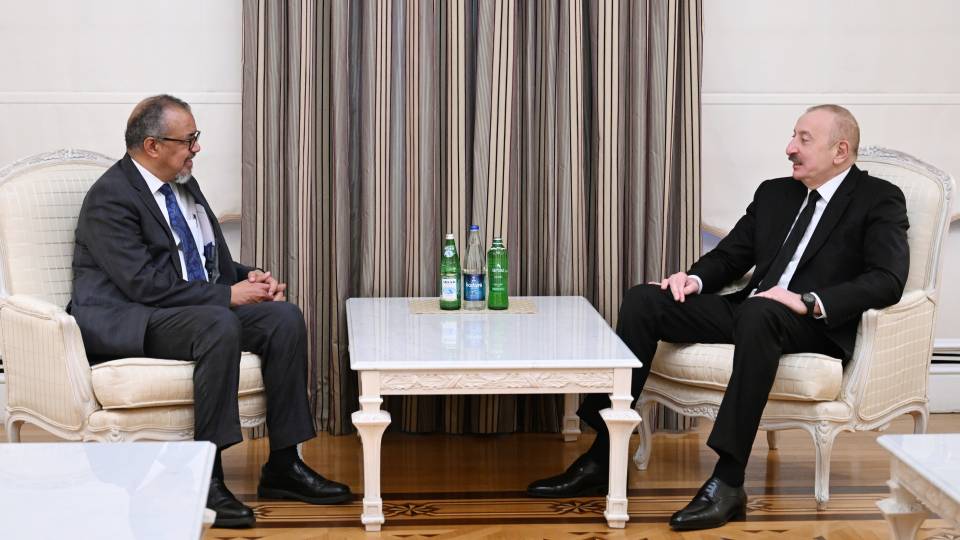
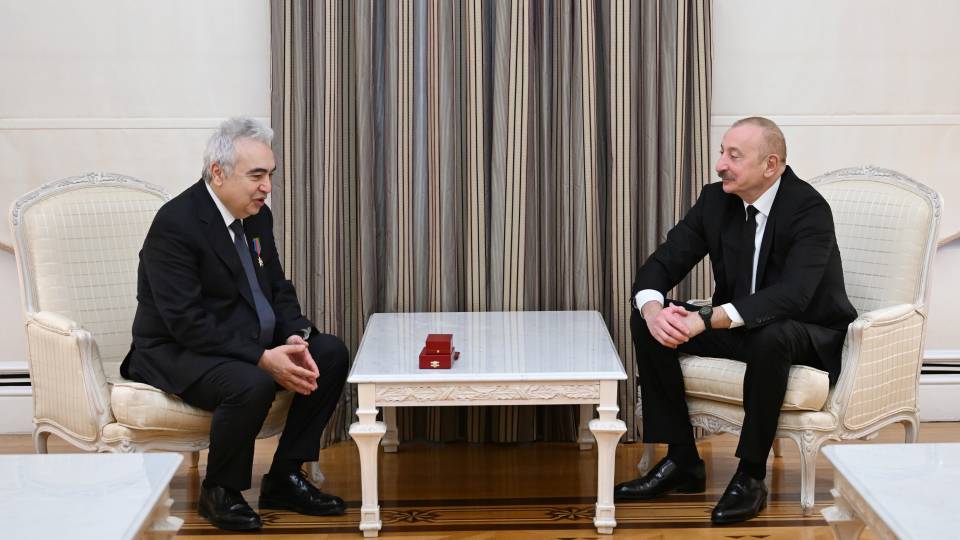
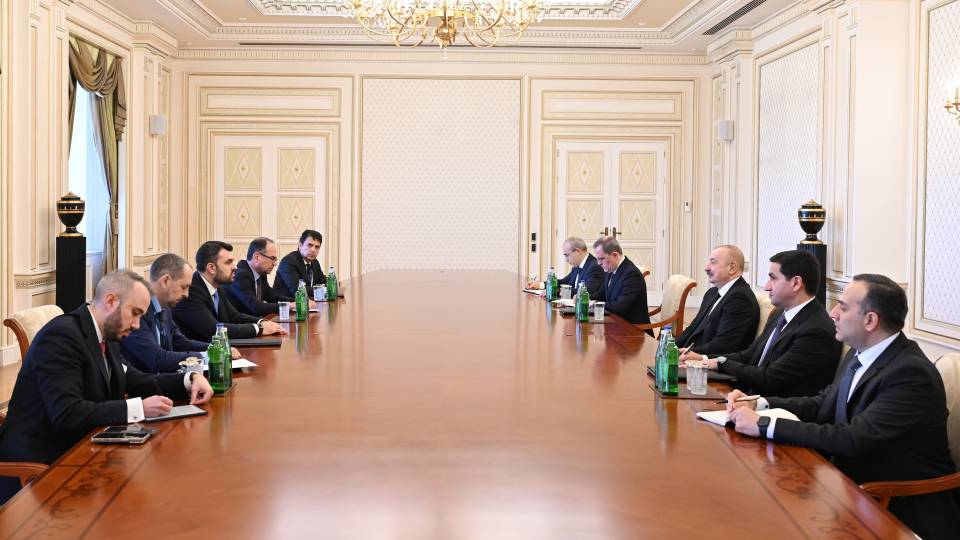
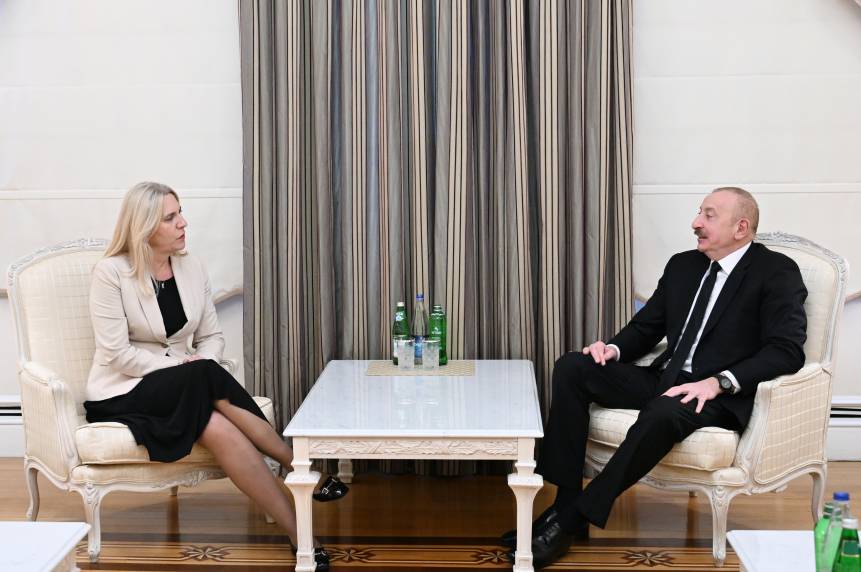
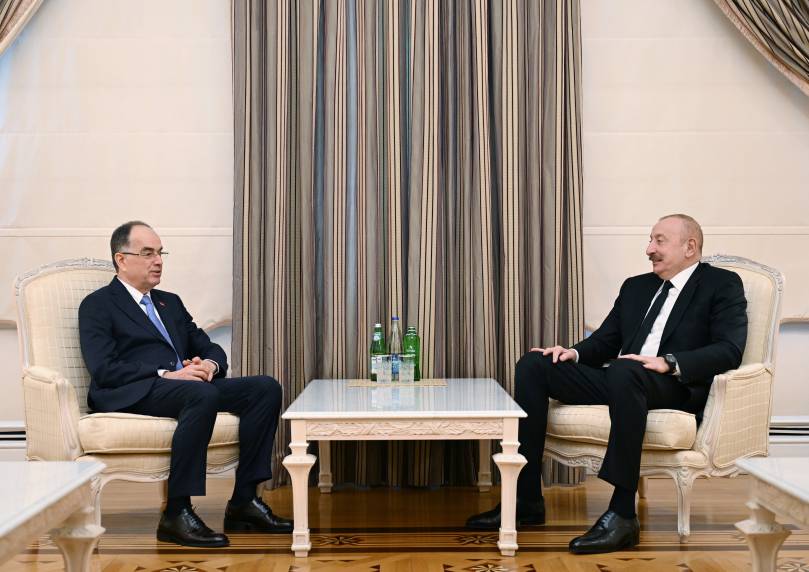
Your Holiness,
On my behalf and on behalf of the people of Azerbaijan, I convey to you and, through you, to all your co-religionists, my most sincere congratulations on the occasion of your Election Anniversary.
The current level of relations between Azerbaijan and...
13 March 2025, 11:30